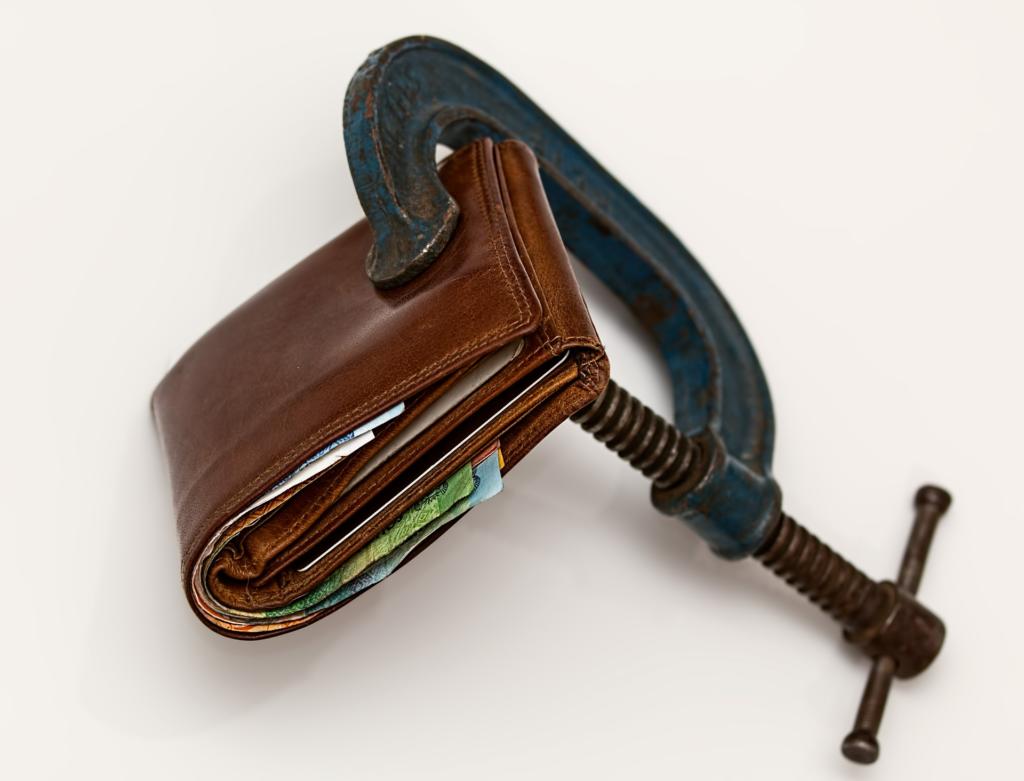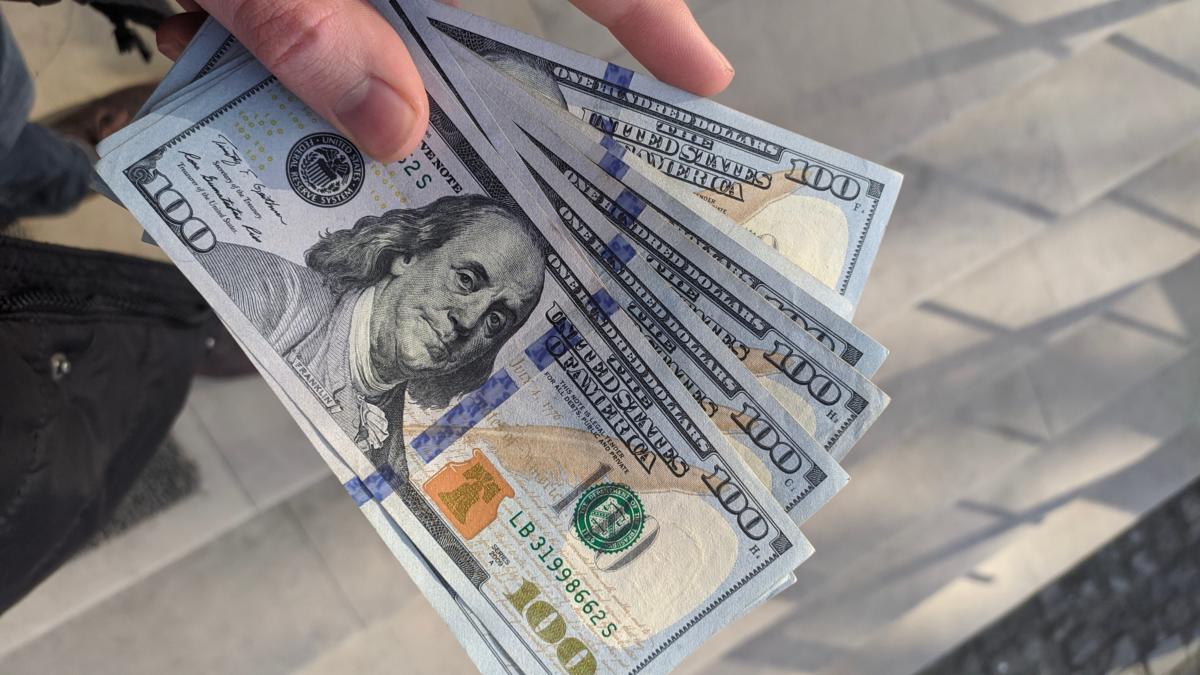It is clear to every Philadelphian that, from the gas pump to the grocery store, everything has gotten more expensive over the last six months. This is a national trend, as U.S. consumer prices surged the most in June in 13 years. While this shows a rapid recovery in spending in response to the widespread supply shortage that has increased the cost of many goods and services – it could have chilling effects on Philadelphia, which is suffering from business closures and skyrocketing crime rates that many attribute to COVID and policy decisions of Mayor Jim Kenney and other local officials.
The most recent report from the Bureau of Labor Statistics showed that consumer prices in June rose 0.9 percent from May, rising 5.4 percent over the past year. This is the largest year-over-year inflation surge since September 2008, and the largest monthly gain in core inflation since 1981. The Federal Reserve Board of Governors and the White House both claim that this current inflation trend will be temporary, suggesting that, as supply chain bottlenecks disappear and the economy returns to normal, soaring prices for used cars, hotel rooms, clothing, etc. will diminish. However, these assurances mean little to working Philadelphians, whose individual tax burdens are among the highest in America.
“The demand for rides has picked up a lot after COVID,” says Robert, an Uber driver from Bridesburg, “but gas has gone up over a dollar in the last couple of months, and the rates haven’t changed to make up for the cost of driving.”
Gas prices in Philadelphia averaged about $3.22 per gallon on Thursday, according to AAA. That is between 65 cents and a dollar higher than at this point last year. Patrick DeHaan, head of petroleum analysis for GasBuddy, said relief isn’t on the horizon. “Prices typically peak in late spring or early summer,” DeHaan said. “This year, we may not see prices peak for another four weeks. The peak could come in mid-July or early August.”
As supply lags, demand has soared. Still, continued high inflation increases the Fed’s chances of making a decision that risks weakening the economy and potentially upsetting recovery. So far, price increases have run ahead of wage increases, which means that the financial burden on Philadelphia’s households is becoming a serious problem for the nation’s poorest big city.
Gus Faucher, an economist at PNC Financial Services, said: “The recovery from the pandemic has seen significant price increases in several categories, including used cars, airfares, car rentals and hotels.”
Low-income workers have also been hit hardest by food prices that rose by 0.8 percent in June and gas costs that grew by 2.5 percent last month – and 45 percent from a year ago. One of the reasons for the very high year-on-year inflation is that the latest prices have been measured in response to the sharp price decline following the pandemic eruption in March last year. That statistical distortion began to fade in June and will no longer be a factor when the year-on-year inflation rate in July is announced next month.
Looking past these distortions, prices are rising faster than they were before the pandemic, but not as much as recent monthly figures suggest. Greg McBride, chief financial analyst at Bankrate, said inflation has risen at a pace of about 3 percent annually over the past two years compared to June 2019. This is up from the annual inflation rate of 2.6 percent from May 2019 to May 2021.
In addition, ongoing price spikes can quickly disappear. Hotel room rates have skyrocketed by 7 percent in June alone and 15.1 percent over the past year, the highest ever in the 1950s. However, the surge may not last as it only brought hotel prices back to pre-pandemic levels. This presents an issue to Philadelphia’s local hospitality industry, as rising costs and our rising crime rates may deter potential tourists to the City of Brotherly Love.

Restaurant prices also rose 0.7 percent last month and 4.2 percent over the past year. This shows that many companies are raising prices to offset rising labor costs and recouping of losses sustained by the prolonged COVID shutdowns and restrictions imposed by the Kenney administration.
This is partially because the cost of food supplies and materials has risen steadily over the last six months. At a local level, this means higher prices for food both at the supermarket, as well as local restaurants. Daniel Winter, who owns Rocco’s Sausage stands in front of Home Depot locations throughout the Delaware Valley, said, “We were forced to increase prices at fifty cents per sandwich to make up for the rising cost of food.”
“Wings have more than doubled in price,” said Joe Schultice, co-owner of Nick’s Bar & Grille in Old City, who was just recently allowed to reopen his bar after COVID restrictions crippled his business. “We have raised prices some, but cannot double the price, people would never pay,” Schultice continued “We have raised prices across the board, but once again not to the point that prices we pay can cover. Beef went from $3.35 per pound, we just paid $5.49. Per pound. We just can’t keep up with the increases, we would have to change our menus on a weekly basis.”
Stock market indexes show that investors are currently accepting the Fed’s belief that higher inflation is short-lived, the mayor and City Council have continued to draft budgets that are seemingly deaf to how the increased cost of living impacts Philadelphians. If investors are expecting inflation to average 2.4 percent to 2.7 percent over the next five years, why are Philadelphia’s leaders unveiling a budget that increases spending to pre-COVID rates while simultaneously freezing the police budget amid record homicide rates?
@PublicSafetySME





